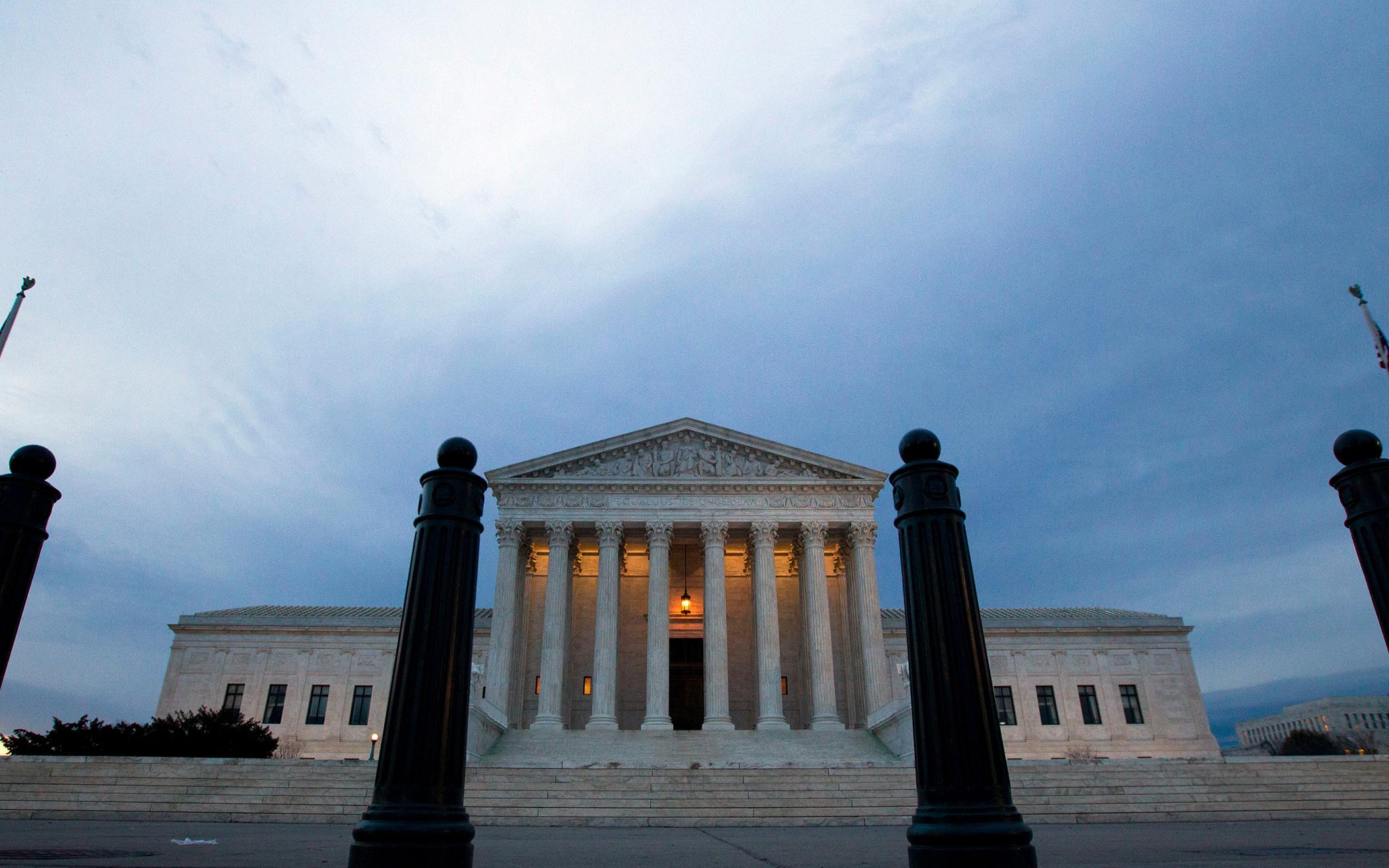After a June 15 U.S. Supreme Court ruling said the rights of gay and transgender people are protected from workplace discrimination under Title VII of the 1964 Civil Rights Act, some religious conservatives reacted.
Archbishop José H. Gomez of Los Angeles, president of the U.S. Conference of Catholic Bishops, called it “an injustice.” James Dobson, an evangelical social commentator, said it was “an affront to God.”
But others have turned their focus to other pending Supreme Court rulings on religious liberty this term.
Chief among them are two cases—Our Lady of Guadalupe School v. Morrissey-Berru and St. James School v. Biel—that involve a “ministerial exemption” to civil rights protections.
The ministerial exception is a legal doctrine arising from the First Amendment that bars the government from interfering with religious institutions’ hiring and firing of clergy.
In those twin cases, two Catholic school teachers whose contracts were not renewed sued their schools, claiming discrimination. One sued on the basis of disability, the other on the basis of age. The schools have urged the high court to throw out the cases, arguing that the teachers qualify as ministers.
In a similar 2012 case—Hosanna-Tabor Evangelical Lutheran Church and School v. EEOC (Equal Employment Opportunity Commission)—the Supreme Court ruled that an elementary school teacher could not sue the Lutheran school she worked for because she had some religious responsibilities, such as leading students in prayer, that made her qualify as a minister. In that case, the court ruled that the ministerial exception was not to be construed too narrowly. But the court did not spell out a formula to determine whether other employees qualify as ministers. It may now do so.
The formula could be made as broad as to include all religious school employees who fulfill a religious mission.
David French, a lawyer and the senior editor at The Dispatch, a conservative media outlet, made some predictions in a series of tweets.
“SCOTUS will likely expand the reach of the ministerial exemption -- allowing religious institutions to functionally define which employees are exempt from nondiscrimination law,” he wrote. And, “The more I think about the trajectory of the case law, the more I think SCOTUS will reach the jurisprudential equivalent of a version of the Utah Compromise,” referring to a 2015 law balancing rights for LGBTQ and religious people in that state.
A ruling is expected by the end of June.
Russell Moore, the chief ethicist for the Southern Baptist Convention, is also “guardedly hopeful.”
“There’s no way for American society to remain true to our constitutional principles and force religious institutions to violate their deepest held convictions in order to carry out their missions,” Moore told Religion News Service in an interview. “I think the court will rule in the right way.”
Other religion-related cases pending at the Supreme Court this term include Trump v. Pennsylvania and Little Sisters of the Poor v. Pennsylvania. In both cases, the court will decide if employers with religious objections to birth control may deny insurance coverage for birth control to their employees.
RELATED: Dordt College Receives Final Ruling on Healthcare Injunction (June, 2018)
Then there’s Espinoza v. Montana Department of Revenue, in which the court will rule on whether public funding can be used for religious schools.
© 2020 Religion News Service
The Banner has a subscription to Religion News Service and to AP Religion and Faith and occasionally re-publishes articles of wide Christian interest, according to the license. This story was edited for length. The original story can be found here.
About the Author
Religion News Service is an independent, nonprofit and award-winning source of global news on religion, spirituality, culture and ethics.

